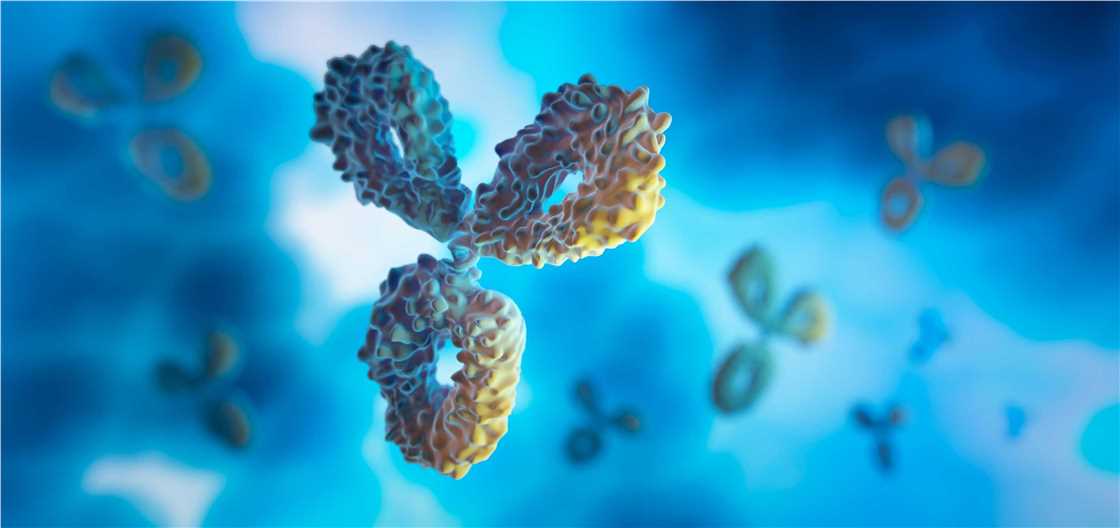Many evolutionary methods are being developed that can accelerate the natural evolution of biological macromolecules to a few days. These methods must all fulfill two basic requirements: coupling genotypes and phenotypes for selection, and introducing diversity between rounds of selection. Many studies have demonstrated that ribosome display technology is exactly the right method for the effective in vitro evolution of antibodies. Antibodies screened in vitro can be efficiently expressed in E. coli cytoplasm or prepared by in vitro multiplexing. Therefore, ribosome display can be a powerful method for in vitro library screening and synchronized sequence evolution. Based on our rich field experience and ribosome display platform, Creative Biolabs provides comprehensive services to support the development and application of in vitro antibody evolution by ribosome display.

Ribosome display was originally proposed by Mattheakis et al. as an alternative method for screening target binding peptides. The system shares a similar concept with other display systems, namely the physical association of phenotype and genotype. A prominent feature of the technique is the generation of non-covalent ternary complexes, also known as peptide-ribosome-mRNA complexes.
Currently, ribosome display technology has become an important method for in vitro screening and molecular evolution of biological libraries. It is a new technology for screening and evolutionary identification of functional proteins carried out completely in vitro, avoiding the shortcomings of the traditional in vivo screening technology, resulting in increased library capacity and enhanced molecular diversity.
There are many cell-based display methods, such as on the surface of bacteria display, phage display, yeast display, and animal viruses. The display of peptide libraries on prokaryotic polysomes in cell-free systems has also been reported. This method has been refined for the display and selection of single-chain antibody fragments. An in vitro method for rapid selection and evolution of antibody binding sites using antibody ribosome-mRNA complexes as selection particles. This concept is based on two experimental results. Firstly, functional production of single-chain antibodies in rabbit reticulocyte lysates in vitro. The second is that in the absence of a stop codon, single nascent proteins remain associated with their corresponding mRNAs as stable ternary polypeptide-ribosome mRNA complexes in a cell-free system.
A study specifically demonstrates the use of ribosome display technology for antibody evolution. To be precise, this study should be called a rapid, eukaryotic, in vitro method for selecting and evolving antibody binding sites using antibody-ribosome-mRNA complexes as selection particles. The antigen-coupled magnetic bead method screens for antibody-ribosome-mRNA carrying progesterone-specific single-stranded (VH/K)-binding fragments. Selection simultaneously captures genetic information in the form of mRNA, enabling single-step RT-PCR to generate and amplify cDNA on ribosome-bound mRNA for further manipulation. Using mutant libraries, antigen-binding antibody-ribosome-mRNA was enriched up to 104-105-fold in one cycle and further enriched in repeat cycles. Scholars showed that while the method only demonstrated antibodies, it has the potential to be equally applicable to selecting receptors or peptides from libraries. The demonstration of large libraries of proteins and peptides and the search for them by affinity selection is quite interesting. And the current study validates this fact even further. The key to the genetic utilization of selection methods is the physical connection between individual molecules in the library and the genetic information encoding them.
Creative Biolabs has a wealth of knowledge and experience in ribosome display. We would be happy to share with you our knowledge and experience on in vitro antibody evolution by ribosome display.
All listed services and products are For Research Use Only. Do Not use in any diagnostic or therapeutic applications.